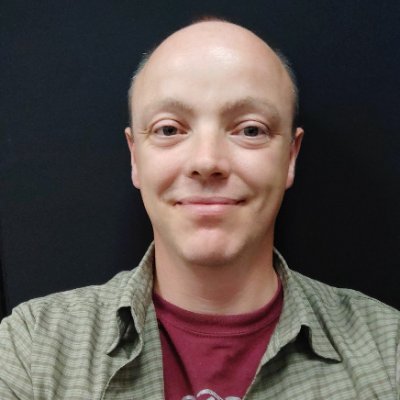Episode 40: Prof. Brian Pogue
Brian Pogue is Professor of Engineering at Dartmouth College in the United States. Brian’s research involves creating and exploring new ways to improve medical diagnostics and care using optics and light that affect cancer therapy, light guided surgery and new optical imaging methods.
Tune in to this episode of Science Off Camera to hear about his career path into medical physics, the impact of optical methods in medicine and building a team for interdisciplinary, translational research.

So we’re essentially doing single-photon imaging with the room lights on, you know, so ask a microscopist if can you do single-photon microscopy, with the room lights on where the camera is three meters away from the slide that you want to image, and they’ll say, you’re crazy, you know, you can’t possibly do it.
Research
Prof. Pogue’s research interests include optics in medicine, biomedical imaging to guide cancer therapy; molecular guided surgery; dose imaging in radiation therapy; Cherenkov light imaging; image guided spectroscopy of cancer; photodynamic therapy; modeling of tumor pathophysiology and contrast
See the following link for more information about Prof. Pogue’s work:
Prof. Brian Pogue at Dartmouth Engineering
Optics in medicine resources at Dartmouth
Links
All platforms: https://anchor.fm/science-off-camera…
iTunes: https://apple.co/2SBAIun
Spotify: https://open.spotify.com/show/72FZ99aA6bnf1z7WZde9Vb…
Google: https://podcasts.google.com/?feed=aHR0cHM6Ly9hbmNob3IuZm0vcy8xZWFlZTdkYy9wb2RjYXN0L3Jzcw%3D%3D









